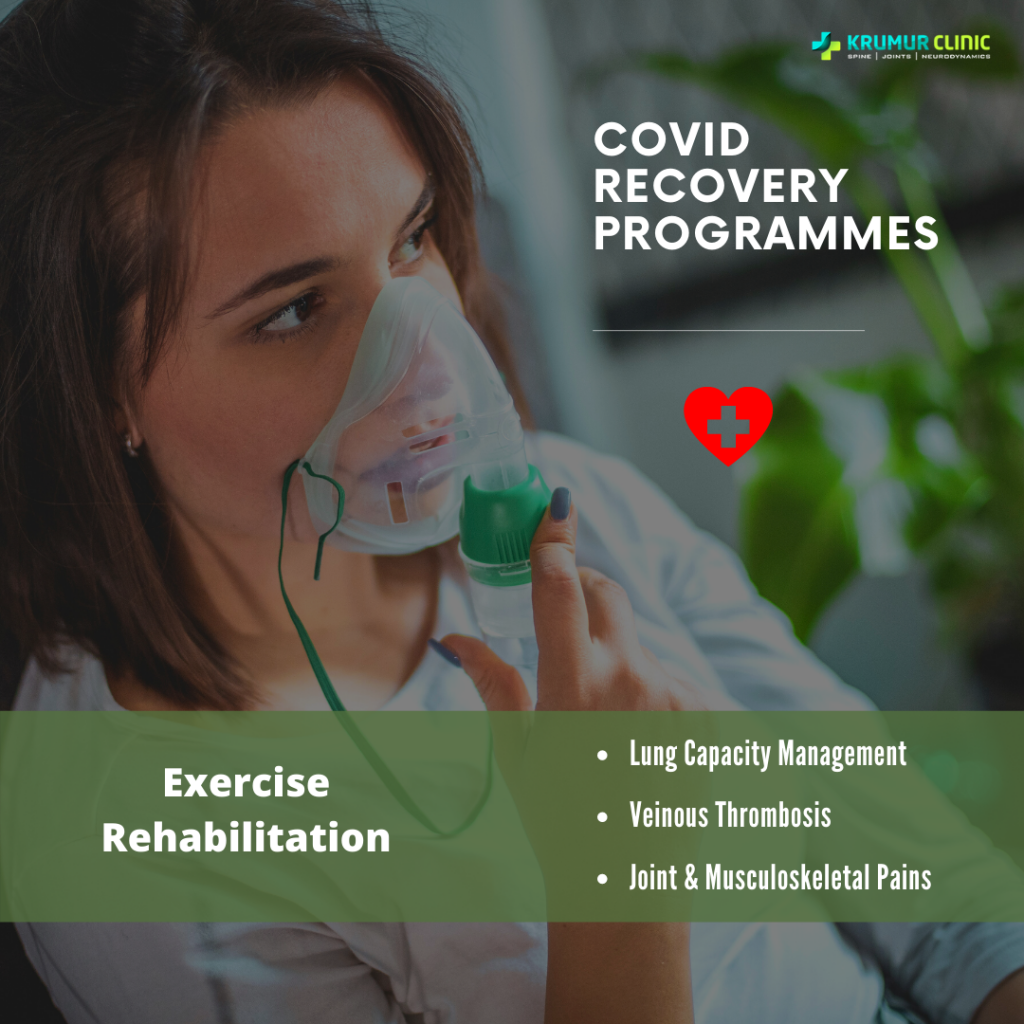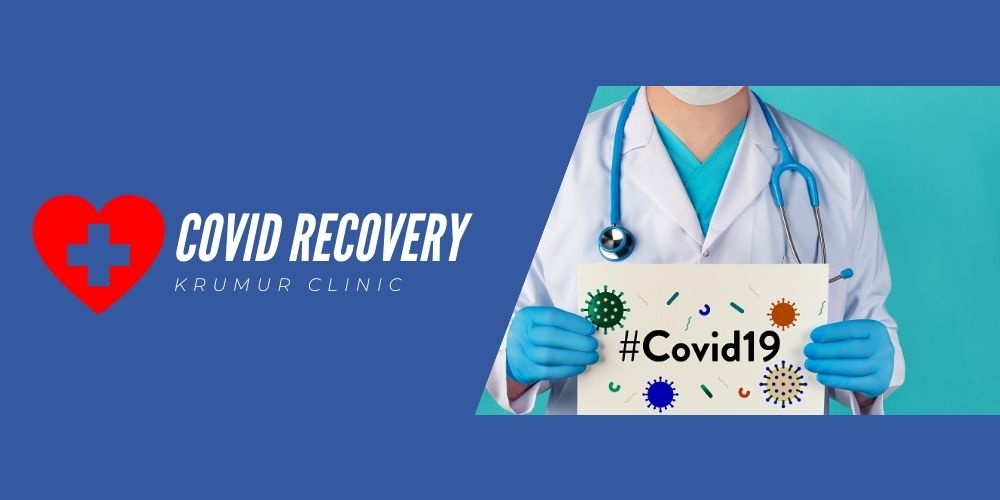
Masters in Exercise Science & Sports Physiotherapy
If you have who has recently recovered from COVID-19, you’re likely itching to get back on the field or resume your exercise routine.
Exercise Science Sports Physio Dr. Neha Gidwani, MPT, discusses the latest recommendations and guidelines for a safe return to fitness.
We certainly know more now than we did 11 months ago, but much is still unknown about the long-term effects of the pandemic. We know that the virus can lead to damage of the heart, brain, lungs and kidneys, but there’s no way to pinpoint or predict who exactly these individuals will be.
Some people might also experience lingering symptoms, including shortness of breath, muscle aches, loss of stamina and exhaustion – all of which are bad news, but particularly so for people who are generally active.
“The truth is, the disease can affect everyone differently,” says Dr. Neha Gidwani. “Anyone, could experience a severe case or have long-term damage, which is why it’s so important to take this seriously.”
It can be difficult to tell what long-term effects someone is going to have after they recover from the virus. Some people might fare just fine and will be able to jump back into their old training regiment, while others will find that their daily activity exertion levels just isn’t what it used to be.
For the majority of people, returning to activity will likely be a slow process and will require patience. You should work with a Doctor or a dedicated institute to make sure you’re progressing appropriately and monitoring your symptoms.

If you’ve contracted the virus and are advised quarantine and isolation at home, you should not engage in any physical activity and should focus on rest, good hydration, proper nutrition and following the advice of your medical support. The timeline of return back to exercise or sport is determined by how mild, moderate or severe the case was.
People who test positive for COVID-19, regardless of symptoms, we recommend that they must rest for a minimum of 17 days. If a person tests positive, but does not have symptoms, the isolation date starts at the date of the positive test. If they’re symptomatic, this period begins the date the symptoms started.
If the person only has a mild illness or tests positive without experiencing any symptoms, they can consider returning to activity after the 17 day isolation period. Once that 17 day window has passed, the person may consider a gradual return to physical activity, but must not have symptoms.
If the person had a moderate or a severe illness (or if they had to be hospitalized), they should be evaluated by a healthcare provider prior to restarting any type of exercise. These people may need to have additional tests, including ECGs, heart imaging or blood work before they are cleared to start a progression back into activity.
Returning back to sports and exercise after recovering from COVID-19 can be a slow (and frustrating) process.

After you have tested negative or completed the 17 days rest/ quarantine period, you should add an additional 1 week before you return to exercise.
Follow these for the safest return to sports or exercise:
Exercise Intensity
Reduce your usual exercise intensity by atleast 30%
Exercise Progressions
Week 1: 2 Days – 30 to 40 Mins
Week 2: 3 Days – 30 to 40 Mins
Week 3 : 3 to 4 Days
Monitor Heart Rate
Keep Heartrate between 120 to 140 Beats Per Minute
© All Rights Reserved OSR Sportsworks Consulting LLP